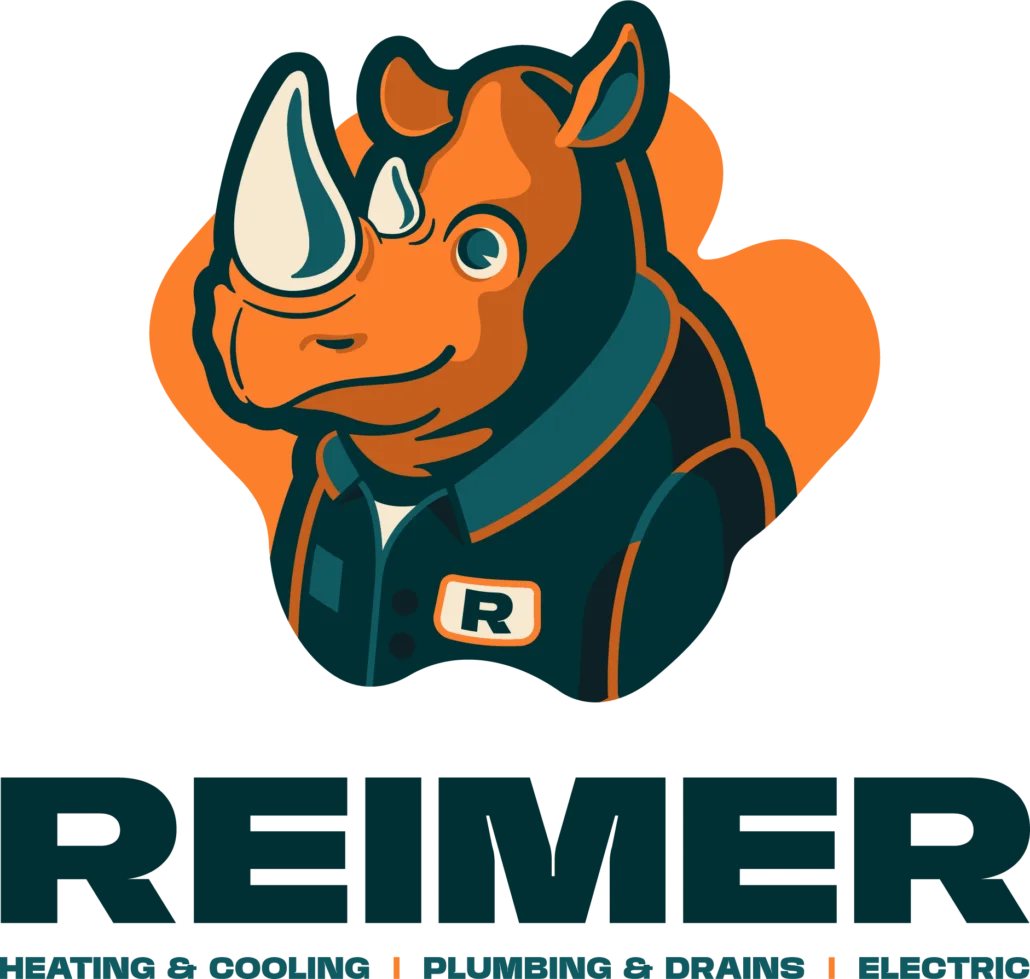If you suspect that there might be something wrong with your furnace, don’t ignore the signs. In most cases, furnaces will indicate that there is a problem by producing strange sounds. However, if everything sounds fine, don’t just assume everything is ok. There are other ways to tell if your heating system needs to be diagnosed by a skilled technician. In this article, you will learn about the most common signs of furnace problems and when you need to schedule a furnace tuneup.
When you should schedule a furnace tuneup
There are many ways that heating systems can let you know that they’re not in an ideal condition. It is up to you to learn how to spot the signs and avoid experiencing a complete breakdown. By noticing the little signs, you will realize that the heating system will fail soon if you don’t act in time. What follows are the most common reasons to call for a furnace tuneup.
-
Lack of Maintenance
Furnace maintenance is a must if you want a functioning heating system throughout the winter season. If you didn’t get an included maintenance service with the purchase of your furnace, you might be in trouble. The fact is that if its been a few years since a professional looked at your furnace, odds are you’re at risk. You don’t want your furnace quitting on you in the middle of a harsh winter day, do you? Consider calling an experienced technician at the earliest opportunity, and have them perform proper maintenance for you.
This is a vital step that doesn’t take a lot of time – a skilled technician can analyze the furnace and see if there is something wrong with your furnace in less than an hour.
-
Clogged Filters
The filters in your furnace can easily get clogged – they collect dirt over time and you should always check if they need to be replaced. Typically, furnace filters should be replaced on a monthly basis. Do not use them for more than a few months if you want to avoid additional problems.
The heating system requires perfect air flow through the filters. So, be aware of the dirt that can easily restrict the flow of air and ask for a filter replacement every month. If you don’t know how to do that, call our service. We can replace the filters and suggest a few tips.
-
Thermostat Malfunction
Furnaces are built with thermostats that control how much heat is going to be produced. The thermostats are the core of the heating system because the production of hot air is its main task. By not paying attention to the thermostats, you are significantly decreasing the lifespan of your furnace. If a thermostat is broken, you will no longer receive hot air in your room, thus you should call a quality furnace technician.
-
Ignition Failure
The ignition of the furnace is another crucial point you should not forget about. If the ignition stops working, your furnace will not blow hot air at all. Modern furnaces are built with one of the following two types of ignition systems: Hot Surface Ignition or Intermittent Pilot.
The first type of ignition system uses a controlled resistance heating element to ignite the gas burner. The second ignition system uses a high voltage electrical spark in order for the gas pilot to be ignited with the main burners. If the ignition fails, your best option is to call a technician.
-
Mechanical Problems
Furnaces are essentially built using a myriad of mechanical parts. These parts are combined together and operate as one. Each part should be in the best working condition or else, the furnace will experience problems producing hot air.
Mechanical wears and tears can occur at any time. So, you have to be aware of the sounds you hear while the furnace is working. Also pay attention to the many belts that are connecting the mechanical parts together. Check for a loose belt if you hear strange noise. Otherwise, it’s only a matter of time before the furnace overheats.
-
Bad Air Circulation
This problem can be caused by fan motors, loose belts and bearings that allow uncontrolled heat to be released. Even a tiny problem with the fan motors and belts can lead to issues with the air circulation. If it takes the heating system forever to achieve the desired temperature, you should know that there is something wrong with the airflow.
-
Gas Leakage
If you suspect that there is gas leaking from your furnace, try to stop it as quickly as possible! Obviously, the first sign would be the smell of gas in your home. You should act right away by turning off the gas supply valve. Don’t light any matches or turn the switches on and off. Ask any (local) gas utility service to come over and check your entire home carefully.
-
No Heating At All
Don’t start panicking if the furnace stops working. There is a reason for this and you can detect it soon enough. The first thing you should do is check the fuse. You should also check the main electrical panel and other subpanels of the furnace. There is always the possibility that a circuit breaker is tripped. You can reset it by flipping it off and on again.
-
Weird Noise
Hearing unusual noise from the furnace is a clear sign that something is seriously wrong. Check the belts of the mechanical parts inside the heating system. You should replace them if needed because loose belts can be dangerous for any furnace. If you have a noisy furnace, the best thing you can do is call an HVAC service to diagnose the problems right away.
-
Oil Burner Issues
Old furnaces are more likely to experience oil burner issues. There is no need to get worried, though, as it’s an issue that can be easily solved. Simply clean the filter if it’s not clogged too much. If it is, replace it with a new one. That should help the oil burner work efficiently again.
We, at Reimer Home Services, have been providing our customers with a 100% satisfaction guarantee for almost a century. Our team of experienced and professional technicians is fully equipped to service all models that appear on the market. We are also focused on energy efficiency and offering services that will not leave a hole in your wallet. Therefore, you should not hesitate to give us a call whenever you want to schedule a furnace tuneup.


